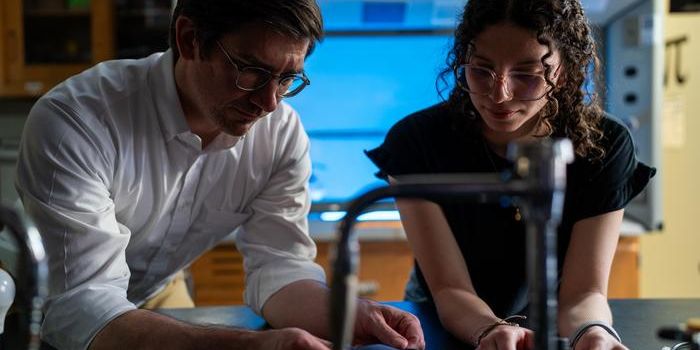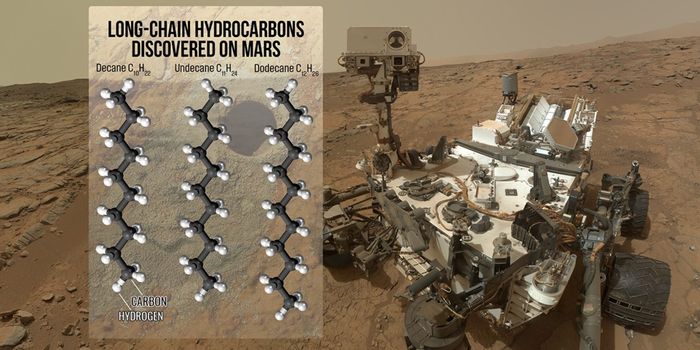Grad Student Highlights: Trupti Mahendrakar (Florida Institute of Technology)
Trupti Mahendrakar is an Aersoapce Engineering PhD student at the Florida Institute of Technology. She was born in a small city called Anantapur in India, and after arriving in the United States in 2015 she pursued a Bachelor’s Degree in Aerospace Engineering-Astronautics from Embry-Riddle Aeronautical University in Prescott, Arizona. Upon graduation, she worked at Delta Air Lines until she began her PhD at Florida Tech in 2020.
“My dad was an engineer and a pilot,” says Mahendrakar. “So, growing up, instead of barbie dolls I had jet planes. I loved the fact that the sky is the limit for flying!”
Mahendrakar says the first Indian woman astronaut, Kalpana Chawla, has been an inspirational figure in her life that allowed Mahendrakar to realize the aeronautical field is what she wanted to pursue.
“When I was in kindergarten, I remember my mother saying, ‘you can go anywhere you want’ and telling me about Kalpana Chawla,” says Mahendrakar. “At that time, I wanted to be a pilot but after I heard about Chawla, I made up my mind to be an astronaut as well (which I then called a Rocket Driver). Coming from a backward society where men have always had a dominating role compared to women, I felt the need to defy the odds and show that women are no less able to do what they wanted to do. With my family’s support I have been able to come so far and inspire many children to keep chasing their dreams with hard work, perseverance, intelligence and most importantly, fun!”
Mahendrakar decided to pursue grad school since she noticed most astronauts had their PhDs, but says she's always been curious about how things worked and loves coming up with new ideas to simplify tasks. While she has always loved research, she didn’t want to end up conducting repetitive work daily, and that she enjoys working under pressure, coming up with new ideas, and turning them into reality.
“I remember when I was little, I would wear my mother’s Doctor’s apron and walk around the house everyday writing observations on how flowers in different vases were growing with different plant food content,” says Mahendrakar.
Mahendrakar says one of the biggest mental challenges facing graduate students in her field today is continuing to push the verge of giving up, and that finding that last bit of motivation can be a challenge. However, she says going to NASA Kennedy Space Center, which is only a few miles from campus, allows her to recharge.
“Other than that, some physical limitations are resources,” says Mahendrakar. “I am fortunate to have a motivated and passionate advisor and a team of undergraduate students who I can work with and the ORION Lab, which has almost everything I need. However, resources are some of the limitations that most graduate students in my field experience. Especially with the increasing demands for technology and innovation, having access to various facilities from other universities and also partnerships with industries to use their facilities will boost the country’s research output.”
After grad school, Mahendrakar says her current path is taking her to industry, but she is not opposed to academia. She says she loves getting her hands dirty by dabbling through both hardware and algorithms. She says her experience has taught her that industry is where this happens more frequently than not. She says with the commercial industry taking off she hopes to become an astronaut within the next 10 years but is open to seeing herself working with trajectory designs and spaceflight research and development, as well.
“The one thing I consistently think about every day is being an astronaut,” says Mahendrakar. “That has been a constant drive I’ve had since I was little. As I said, I just think about being able to go to space to motivate myself. Even if I am not an astronaut yet, it gives me immense joy and satisfaction that one day I’ll be able to use my research to help spaceflight exploration!”
As always, keep doing science & keep looking up!





![Master Lab Weighing: Accuracy, Compliance & Audits [eBook]](https://d3bkbkx82g74b8.cloudfront.net/eyJidWNrZXQiOiJsYWJyb290cy1pbWFnZXMiLCJrZXkiOiJjb250ZW50X2FydGljbGVfcHJvZmlsZV9pbWFnZV85MWRmZmRjMDIwNDBlMWJjMzYwN2ZiYWY2ZjI4ZGMzYzBmZGMwZGMyXzkxOTcucG5nIiwiZWRpdHMiOnsidG9Gb3JtYXQiOiJqcGciLCJyZXNpemUiOnsid2lkdGgiOjcwMCwiaGVpZ2h0IjozNTAsImZpdCI6ImNvdmVyIiwicG9zaXRpb24iOiJjZW50ZXIiLCJiYWNrZ3JvdW5kIjoiI2ZmZiJ9LCJmbGF0dGVuIjp7ImJhY2tncm91bmQiOiIjZmZmIn19fQ==)




